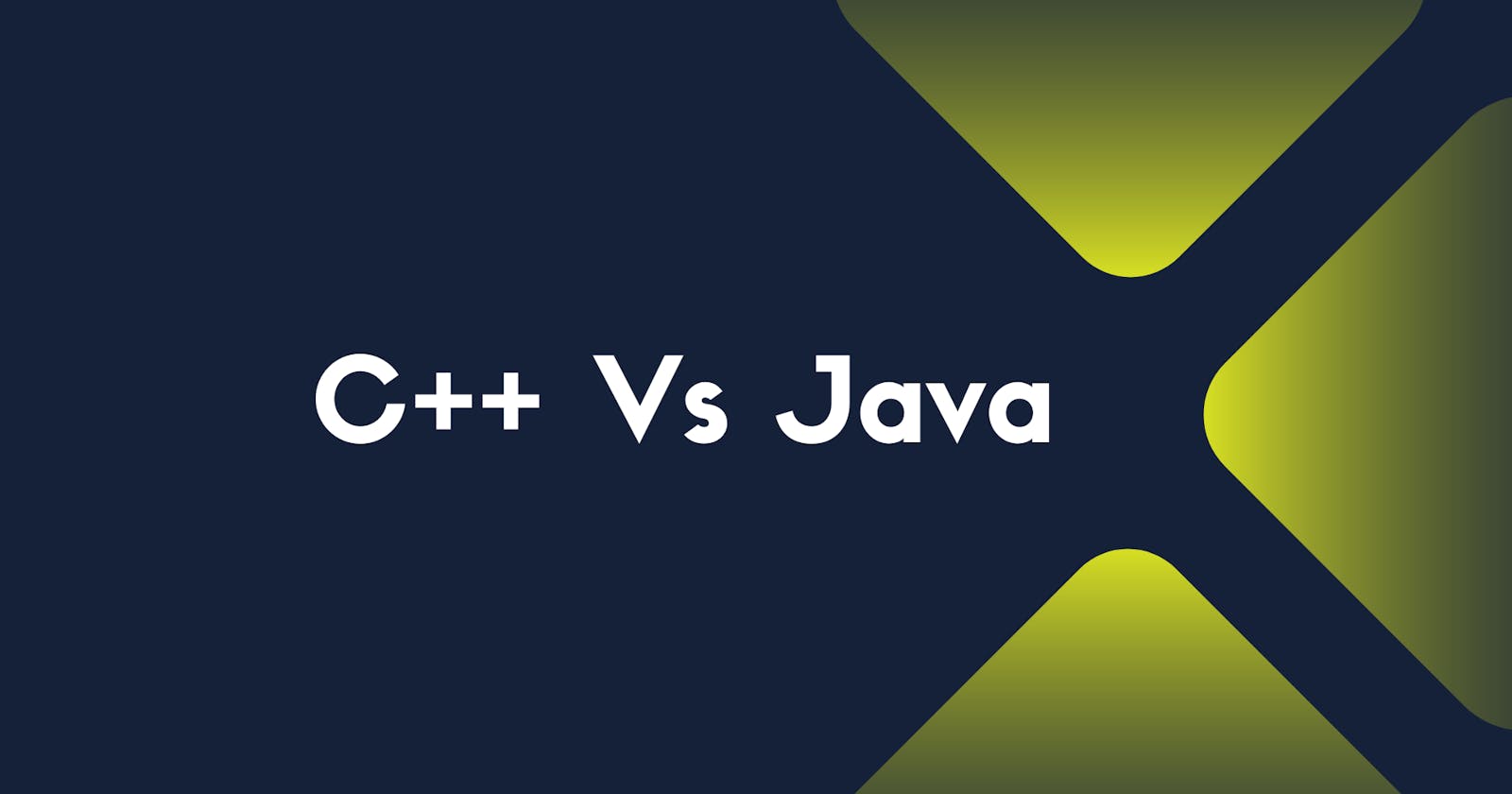In the ever-evolving realm of programming, the languages we choose play a pivotal role in shaping our digital landscapes. Two stalwarts, C++ and Java, stand out as robust programming languages, each with its unique set of attributes. In this blog, we embark on a journey to unravel the distinctive features that set C++ and Java apart, providing insights for aspiring programmers and tech enthusiasts.
Compiler and Interpreter Dance:
C++ showcases its prowess as a compiled language, relying on the compilation process for execution. On the other hand, Java gracefully combines both compilation and interpretation, offering flexibility in its approach.
Platform Independence:
In the age of diverse devices and operating systems, Java emerges as a champion in platform independence. C++, while powerful, leans towards platform dependence, tethered to the intricacies of specific environments.
Founding Tales:
Every language has its genesis story. C++, born in 1979 at Bell Labs under the adept hands of Bjarne Stroustrup, carries a legacy of innovation. Meanwhile, Java, crafted by James Gosling at Sun Microsystems and currently under Oracle's stewardship, continues to shape modern applications.
Header Files vs. Header Absence:
C++ introduces the concept of header files, a compilation aid that Java gracefully sidesteps. The absence of header files in Java simplifies the coding landscape, providing a cleaner, header-free canvas.
Goto:
To Go or Not to Go: In the realm of control flow, C++ boldly supports the Goto statement, offering a certain level of flexibility. Java, however, opts for a structured approach and doesn't embrace the Goto statement.
Operator Overloading:
The Art of Expression: For those who revel in expressive coding, C++ extends the privilege of operator overloading. Java, while proficient in various aspects, refrains from embracing operator overloading, adhering to its design principles.
Hardware Tango:
C++ takes a closer step towards hardware interaction, making it an apt choice for system programming. Java, while proficient, maintains a certain level of abstraction, avoiding direct interaction with hardware components.
Applications Unveiled:
Diving into their practical applications, C++ finds its forte in system programming, seamlessly navigating the complexities of low-level interactions. Java, with its platform independence and application-centric design, emerges as a go-to language for building robust, cross-platform applications.
In the vast tapestry of programming languages, C++ and Java stand as influential threads, weaving narratives of efficiency, versatility, and application-centric prowess. As you embark on your coding journey with TechLearnIndia, consider the nuances of these languages, for in their distinctions lies the art of choice, a key determinant in shaping your coding odyssey. Happy coding!
